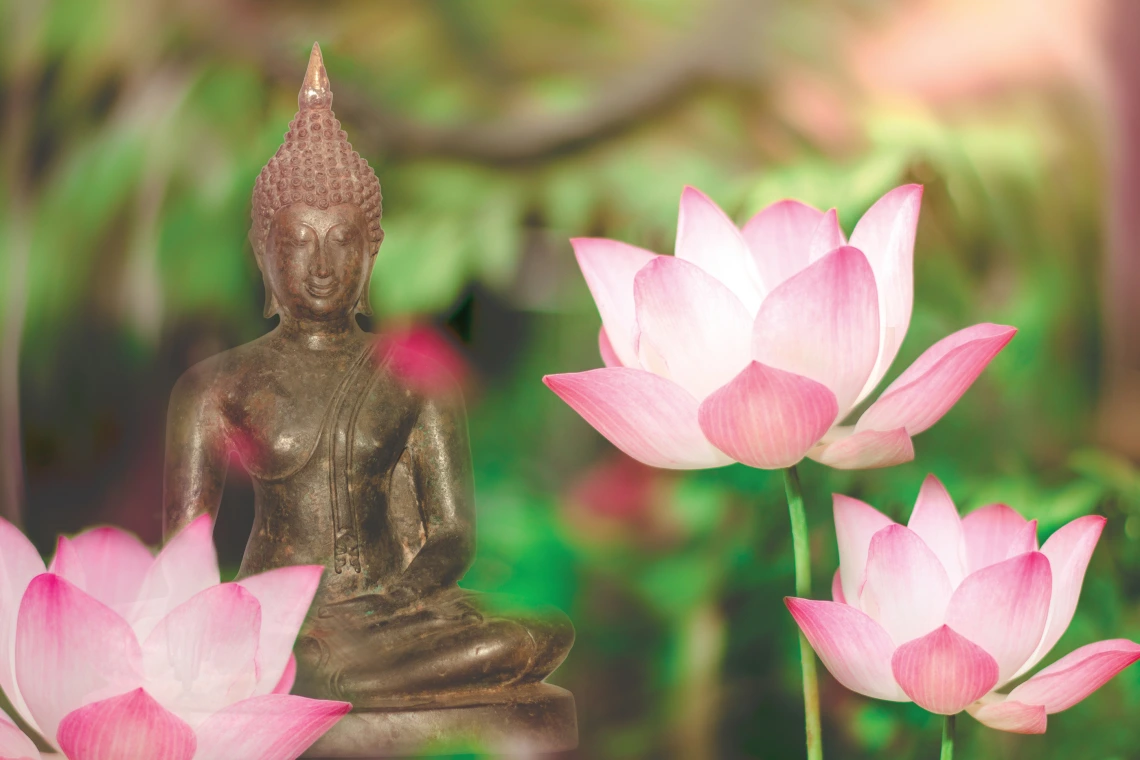College of Humanities Launches Center for Buddhist Studies

The University of Arizona’s new Center for Buddhist Studies in the College of Humanities will create a research hub to explore the religious, intellectual, social, cultural and textual traditions of the world’s fourth-largest faith.
With Buddhist traditions becoming more familiar and practitioners growing more common in the U.S., the UA will draw on existing faculty expertise in East Asian studies and religious studies to promote academic research on the Buddhist tradition.
Jiang Wu, director of the center and a professor of East Asian studies, teaches Chinese thought and religion as well as classical Chinese. He is an expert on Chinese Zen Buddhism of the 17th century and the Chinese Buddhist canon. Albert Welter, the East Asian studies department head, is an expert in Chinese Zen Buddhism as well, although his research focuses on earlier traditions, from the ninth to 13th centuries.
“With two specialists in this field, we are very, very strong,” Wu says. “In North America, there is nowhere else with two specialists in Chinese Zen Buddhism.”
With its expansive and multidisciplinary research in the humanities — as well as the landscape of Tucson and the Sonoran Desert — the UA College of Humanities has the potential to become a national leader in Buddhist studies, Wu says.
“Why here? Regionally speaking, there is no center for Buddhist studies in the Southwest,” Wu says. “Tucson is a very special place for religions. We have this vast landscape and the immediate feel here is very relaxed.”
Retreat and meditation centers are common in the desert, and the rich native traditions of the region have connections and similarities with Buddhism that Wu is interested in exploring further.
